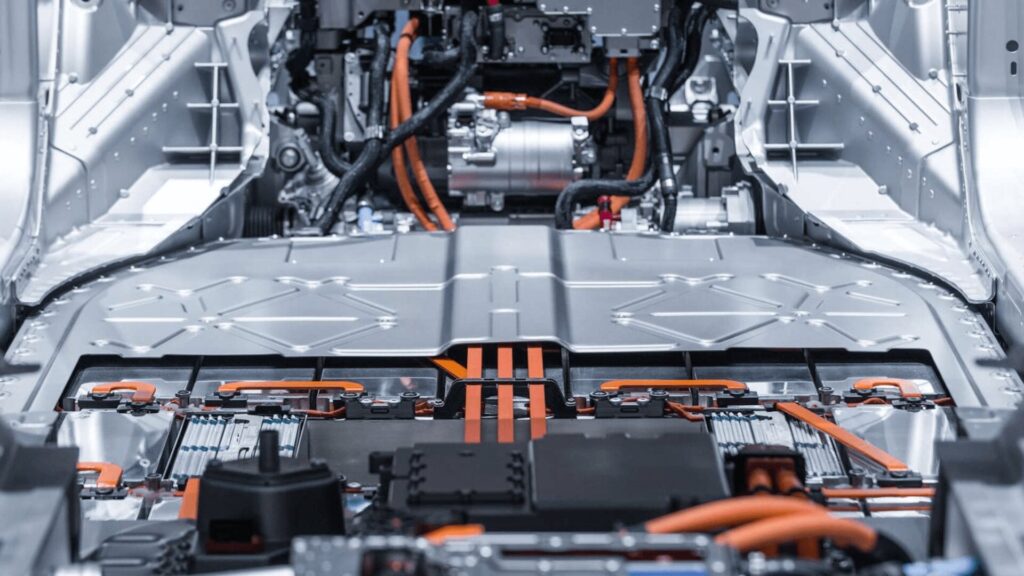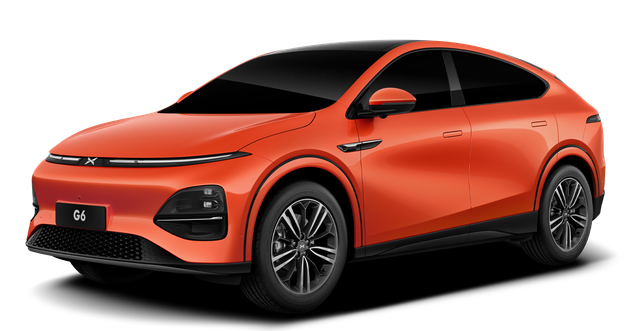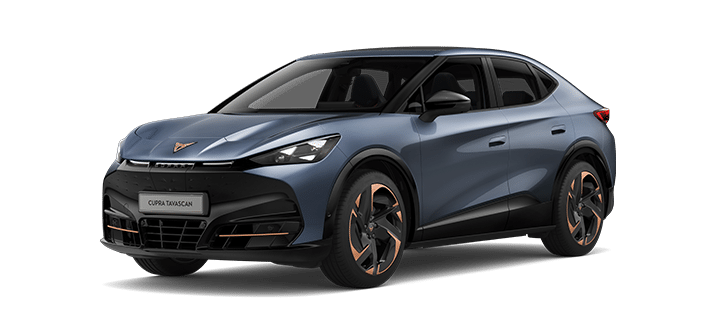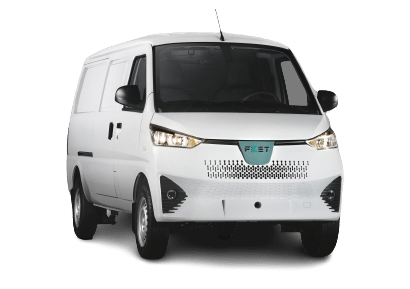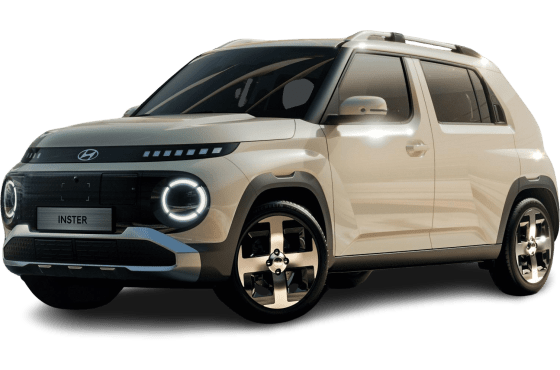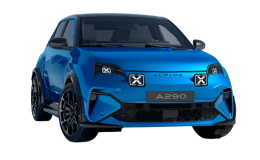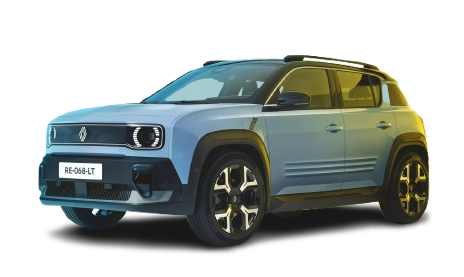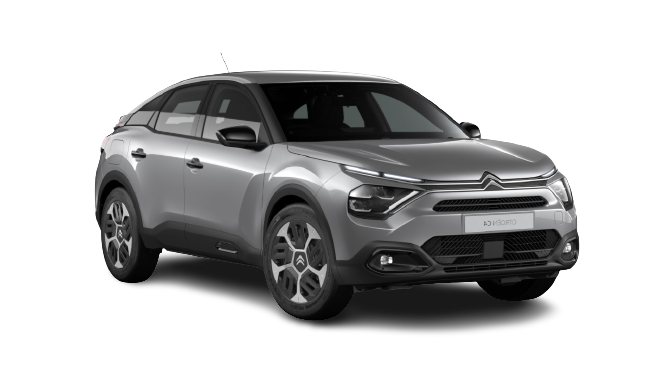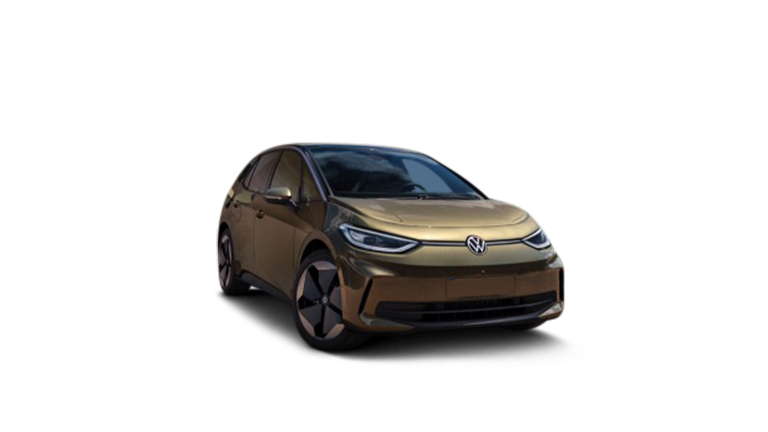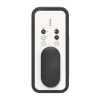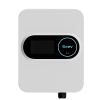Our experts answer your questions with a smile
Monday to Friday 9h 12h30 - 14h 19h
01 76 40 35 38
What new technologies are available for electric car batteries?
Electric car batteries have evolved significantly in recent years, with major innovations improving their performance and durability. Here's an overview of the latest technologies:
Advanced Lithium-Ion Batteries
Lithium-ion batteries are still the standard for electric vehicles, but they have benefited from several improvements:
- Improved energy density: Modern batteries offer higher energy density, enabling longer distances to be covered on a single charge. Energy density has increased by 5-8% per year, with recent models reaching 300 Wh/kg (Beev).
- Thermal Management: More sophisticated thermal management systems extend battery life by maintaining optimal temperatures, thus reducing thermal degradation.
Solid state batteries
Solid electrolyte batteries are a promising new development:
- Enhanced safety: they eliminate the risk of fire associated with lithium-ion batteries, thanks to the absence of flammable liquid electrolyte.
- Longevity: Solid-state batteries can withstand more charge/discharge cycles, increasing their lifespan and energy efficiency over the long term.
- Superior capacity: these batteries offer an energy density that can exceed 500 Wh/kg, enabling a considerable increase in vehiclerange.
Recycling Technologies
New recycling technologies focus on extracting valuable materials more efficiently:
- Materials recovery: New methods make it possible to recover up to 95% of materials such as lithium, cobalt and nickel, thus reducing the environmental footprint of new battery production.
- Closed-loop recycling: Initiatives aim to reuse recovered materials to manufacture new batteries, thus promoting a circular economy.
How long does an electric car battery last?
Electric car battery life varies according to a number of factors, including technology, operating conditions and thermal management.
Factors Affecting Service Life
- Number of Charge Cycles: Modern lithium-ion batteries can last between 1,500 and 3,000 charge cycles before their capacity begins to diminish significantly, corresponding to around 10 to 15 years' use for an average driver.
- Temperature management: Effective temperature management minimizes the chemical degradation of batteries, thus prolonging their service life. Liquid cooling systems and battery management software are commonly used to maintain optimum conditions.
Innovations and Progress
- Extended Life Cycle: The latest battery technologies promise longer life cycles thanks to improvements in anode and cathode materials that reduce degradation. For example, new silicon batteries can offer up to 5,000 charge/discharge cycles.
- Minimal maintenance: Advances in battery management software enable batteries to be proactively monitored and managed, reducing the need for maintenance and extending their useful life.
Encouraging customer feedback
Tesla founder Elon Musk recently claimed that his batteries lasted several hundred thousand kilometers. And we can believe him. Hansjörg Gemmingen is a man with a rather mind-boggling record: he drove his 2013 Tesla Model S over a million kilometers.
Nissan, for its part, is talking about more than 22 years of use before it actually has to change the battery in its electric car. At least, that's what the head of Renault-Nissan Energy Services explained at a conference in Sweden. According to him, the battery life of the Nissan Leaf is between 20 and 22 years. In short, this means that the assumed battery life of a Nissan Leaf would be 12 years longer than the life of the car itself.
Eco-responsible driving
It's highly likely that electric cars driving in the hottest climates will lose battery capacity slightly faster than those driving in more temperate regions. Extreme heat is the chemical enemy of lithium-ion, which is why many electric cars are equipped with liquid-cooled batteries.
What's more, older electric cars (the first electric cars on the market) with a relatively short range can deteriorate more quickly. Indeed, driving until the battery is exhausted has a detrimental effect on its lifespan. This is less of a problem these days: with longer ranges, it's very rare to drive your battery to the point of total discharge.
In summary, in order not to shorten the life of your electric car battery, you must :
- Drive at normal speed (eco-driving) to extend battery life
- Make small partial charges to avoid overcharging your vehicle
- Make sure tires are properly inflated throughout the car's lifetime
Recycling electric car batteries
The batteries that power electric cars (and even hybrids) can be recycled. For decades, the few electric vehicles on the road were powered by lead-acid batteries. The latest models, lighter and with greater range, use lithium-ion batteries, as do laptops and cell phones. In both cases, the batteries powering electric cars can be recycled.
In the case of older-technology lead-acid batteries, 96% of the battery material - including the lead - is recovered. By comparison, only 38% of the material in glass bottles is recovered in the recycling process. They can also be refilled and reused before being recycled.
When the batteries in a lithium-ion vehicle are deemed too worn for driving, they still have up to 80% of their potential left. So, even before arriving at a recycling center, these batteries are used to support the grid, especially alongside energy sources that may not be as stable, such as wind or solar power. Batteries can store energy to help the flow of electricity stay on an even keel rather than ebb and flow over time.
As lithium-ion battery-powered cars have only just come onto the market, recycling centers that can recover their components are still in their infancy.
In France, automakers have formed a partnership with SNAM to guarantee the collection, recycling and traceability of batteries in Europe. This network works with several automotive brands: Peugeot, Citroën, Honda, Volkswagen, Audi, Seat, Skoda, BMW and Toyota.
In 2019, Volkswagen has announced the conversion of its Salzgitter plant to lithium-ion batteries. In concrete terms, this means that its site will become a pilot site for opening a battery cell production and recycling line.
READ ALSO - Vehicle-to-grid (V2G): electric cars, a source of energy?
The second life of batteries - second use
This is a second solution for batteries. The idea here is to extend battery life.
Batteries that have become obsolete for a driver's needs can no longer be used in cars. However, they can be used for other applications that require less power from the batteries. This is what we call the second life of batteries. This process delays battery recycling and reduces the ecological impact of battery production.
Now you know all about the service life of an electric car battery. If you have any questions, please don't hesitate to contact us at [email protected].
If you would like to find out more aboutsupport for the installation of charging stations for private individuals in 2024please consult our article on the subject.
